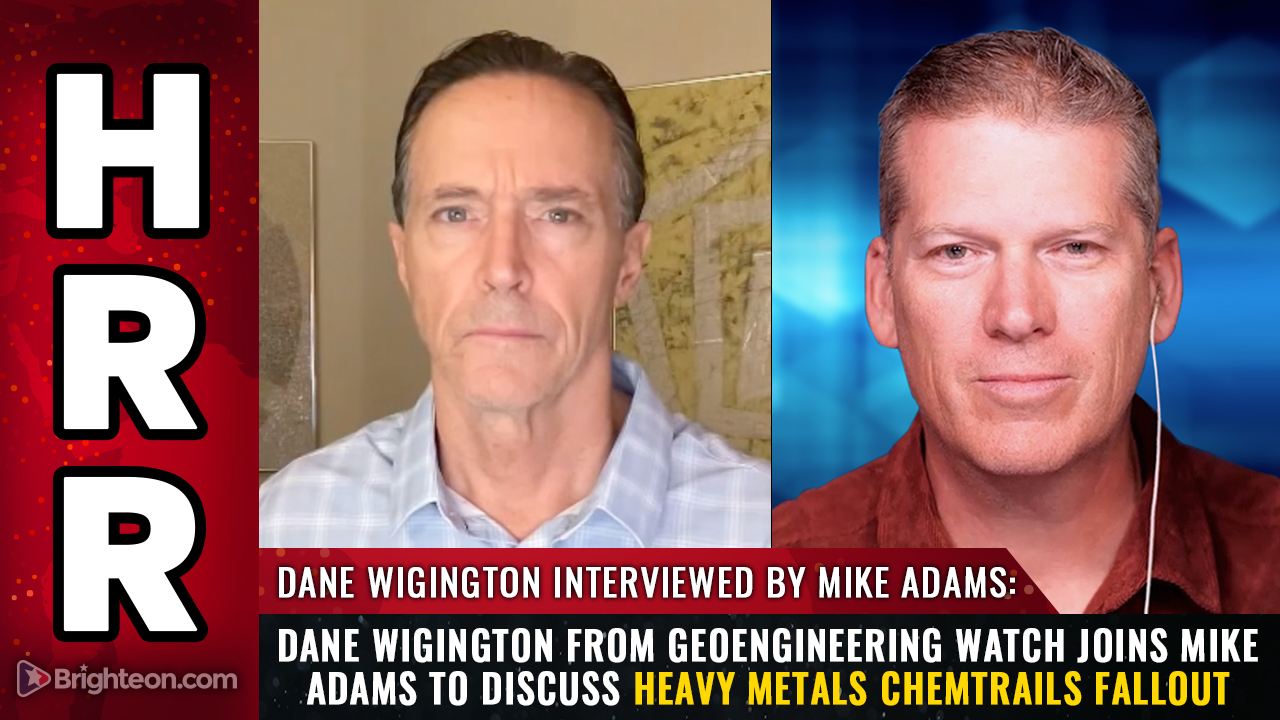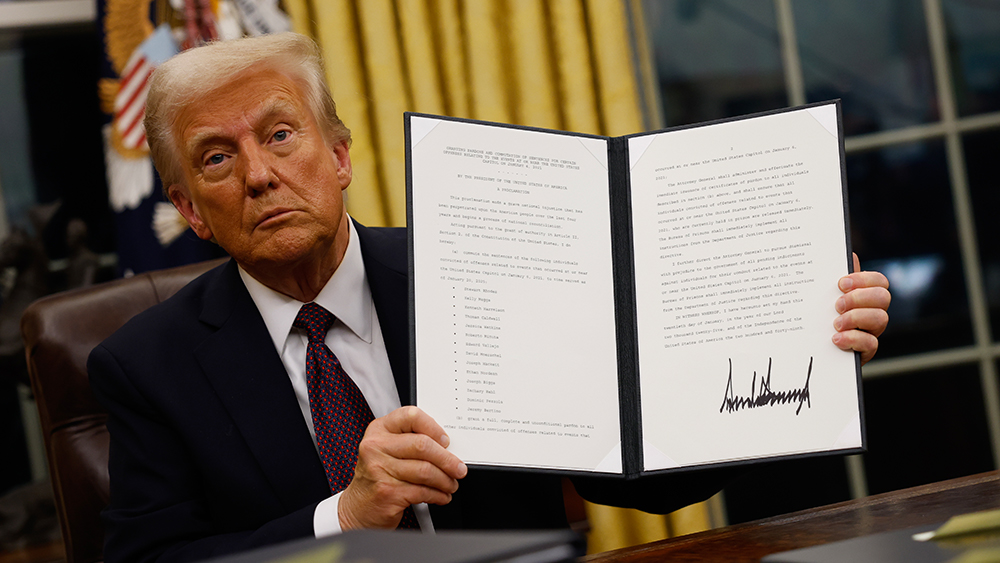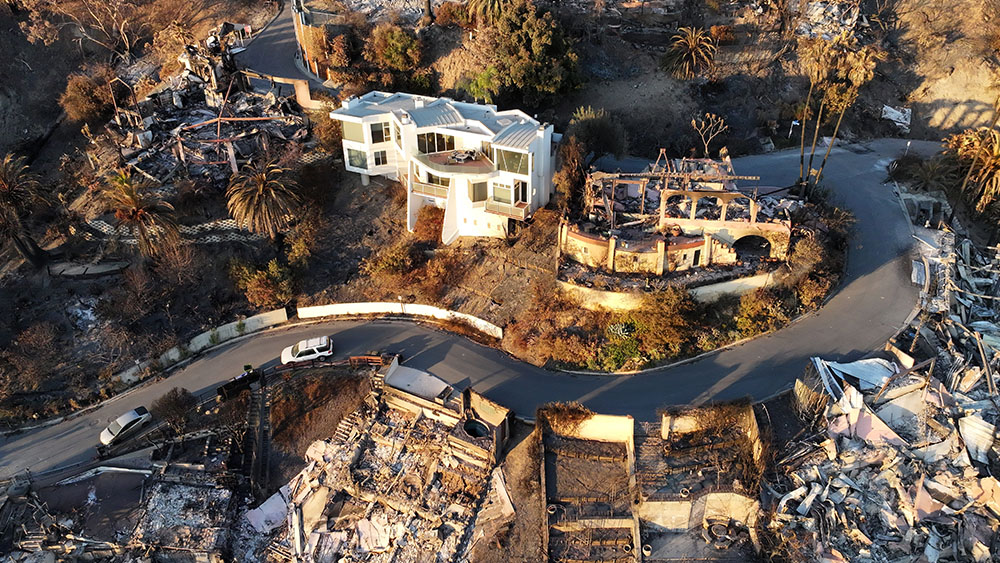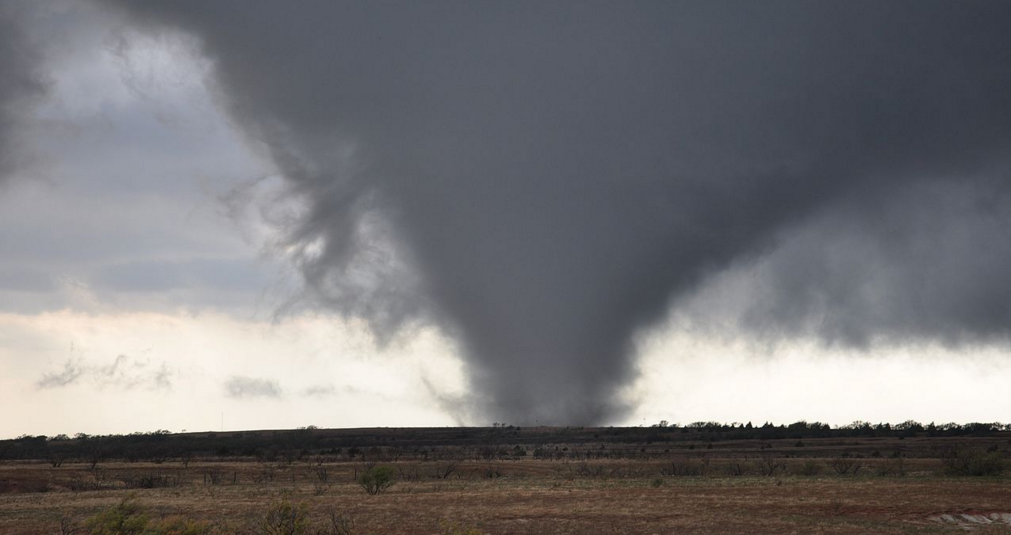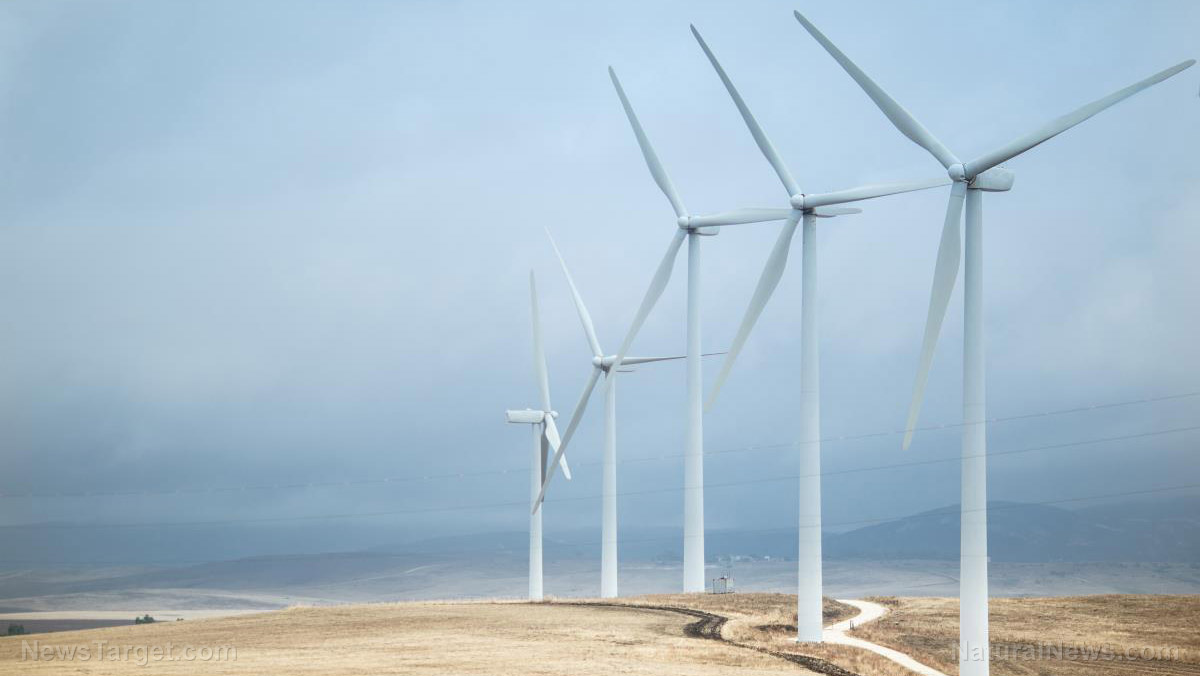Climate chats at the salon? Irish hairdressers recruited for environmental advocacy
04/08/2025 / By Willow Tohi
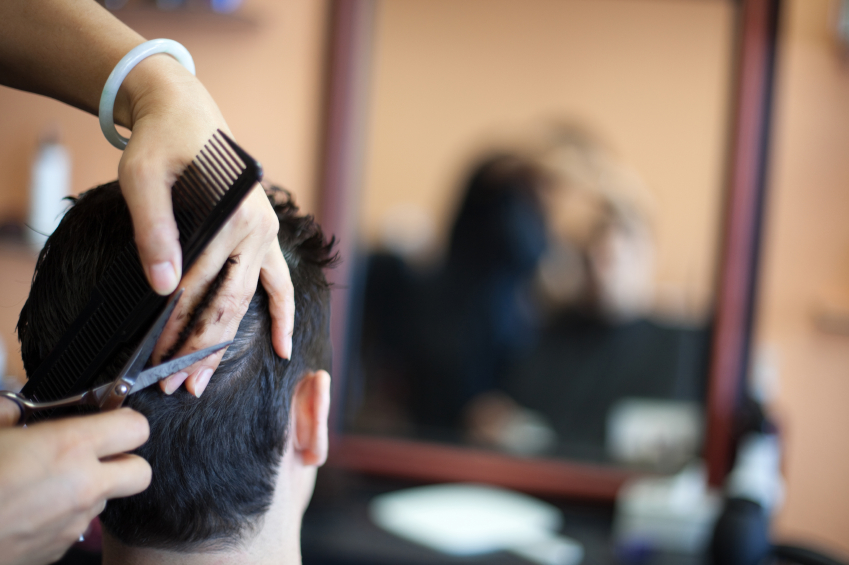
- University College Cork (UCC) is training Irish hairdressers and barbers to discuss climate change with clients, funded by a €63,000 government grant. The initiative, A Brush With Climate, aims to use salon conversations to promote sustainability.
- Proponents argue hairdressers, as trusted community figures, can effectively spread climate awareness. Critics, like commentator John McGuirk, call it “totalitarian” and question the politicization of private business interactions.
- Similar programs exist (e.g., in Australia), but critics argue the government-funded push blurs the line between state messaging and personal interactions, with no balanced representation of opposing views.
- Stylists worry about alienating clients seeking relaxation. UCC plans workshops to refine “role-play” climate discussions, but skeptics doubt effectiveness and highlight misallocated funds (e.g., healthcare needs).
- The initiative sparks debate over whether small businesses should be government-aligned advocates. Critics argue climate messaging in personal spaces risks backlash, while supporters see it as grassroots engagement.
In an unconventional bid to promote climate awareness, University College Cork (UCC) is now enlisting Irish hairdressers and barbers as grassroots climate advocates. Funded by a €63,000 ($68,910) government grant, the initiative—dubbed A Brush With Climate—aims to transform casual salon chatter into discussions about global warming, biodiversity loss and sustainability. The project, inspired by a similar Australian program, will launch as a pilot in four yet-to-be-selected Irish towns, raising eyebrows over the politicization of private businesses.
The scheme’s ambitious goals
Led by Dr. Maria Kirrane of UCC’s Office of Sustainability, the program seeks to leverage the intimate, trusted relationships between stylists and their clients. “Hairdressers and barbers are social hubs,” Kirrane explained. “Their broad reach allows us to engage people who might never join a traditional climate activism group.” The training will equip participants with strategies to debunk climate “misinformation,” promote local green initiatives and steer small talk toward environmental action—without, proponents claim, turning haircuts into lectures.
Critics, however, see it as ideological overreach. “The idea that a UCC academic wants to script my barber’s banter feels oppressive,” wrote commentator John McGuirk, who lambasted the state-funded effort as “totalitarian.” Others question the practicality: Should stylists, already juggling client expectations, double as climate educators? And why prioritize salon activism while Ireland grapples with crises like healthcare backlogs? (McGuirk pointedly noted that the €63,000 grant could cover half the cost of sending a child abroad for life-changing scoliosis surgery.)
A global trend meets local resistance
The Irish project mirrors sustainability campaigns like Australia’s Sustainable Salons network, which trains stylists to weave eco-topics into conversations. Yet it underscores a broader tension: As climate messaging infiltrates everything from fast-food packaging to sports broadcasts, the push to enlist small businesses as state-aligned advocates tests public tolerance. McGuirk highlighted the asymmetry: “You won’t see the state funding taxi drivers to discuss crime stats.”
Ethical concerns also loom. While supporters frame the initiative as inclusive outreach, detractors warn of coercion—turning private interactions into soft propaganda. “This isn’t ‘natural chat’—it’s a government script,” McGuirk argued. The absence of ideological neutrality further rankles: Would conservative viewpoints receive equal airtime in salons?
Between engagement and alienation
For hairdressers, the challenge is balancing advocacy with client comfort. “Nobody wants a guilt trip with their trim,” acknowledged one Dublin stylist anonymously. Meanwhile, UCC plans workshops to refine “role-play methodologies” for climate conversations, targeting towns affected by extreme weather. Success metrics include tracking shifts in clients’ attitudes—though skeptics wonder if dampened tips might be the only measurable outcome.
The project’s fate may hinge on subtlety. Can hairdressers broach polarizing topics without alienating customers? As Ireland’s struggle to meet EU emission targets intensifies, A Brush With Climate reflects a growing desperation to mainstream environmentalism—one haircut at a time.
A mirror to society’s divides
Ultimately, the initiative lays bare a cultural rift. For some, it’s an innovative stride toward public engagement; for others, a ham-fisted blurring of private and political spheres. As McGuirk quipped, “Next they’ll train bartenders to diagnose your carbon footprint between pints.” Whether the scheme fosters dialogue or fuels resentment, one truth is undeniable: The salon chair is no longer a sanctuary from society’s debates.
Moreover, the initiative raises questions about the role of public funding in shaping public discourse. The €63,000 grant, while significant for a grassroots environmental effort, still pales in comparison to the budgets of major environmental campaigns or government initiatives. The allocation has sparked debates about funding priorities and the balance between public health and environmental advocacy. Critics argue that the money could be better spent on more pressing issues, such as improving healthcare infrastructure or supporting renewable energy projects that have direct, tangible benefits.
Program developers are pushing for hairdressers to discuss climate awareness, hoping to integrate climate consciousness into everyday life. However, this approach is met with significant skepticism, and for good reason. People visit hairdressers to unwind and relax, not to be confronted with uncomfortable discussions about environmental issues. The idea of turning hair salons into forums for climate activism is misguided, as it imposes unnecessary stress on individuals who are simply seeking a stress-free experience. While many people think addressing climate change is urgent, many do not believe the mainstream narrative on climate science and forcing conversations about this complex issue into personal spaces like hair salons only serves to alienate people and make them resistant to the message.
Sources include:
Submit a correction >>
Tagged Under:
absurd, biased, big government, captive audience, Climate, climate activism, environ, green initiatives, green tyranny, propaganda, resist
This article may contain statements that reflect the opinion of the author


